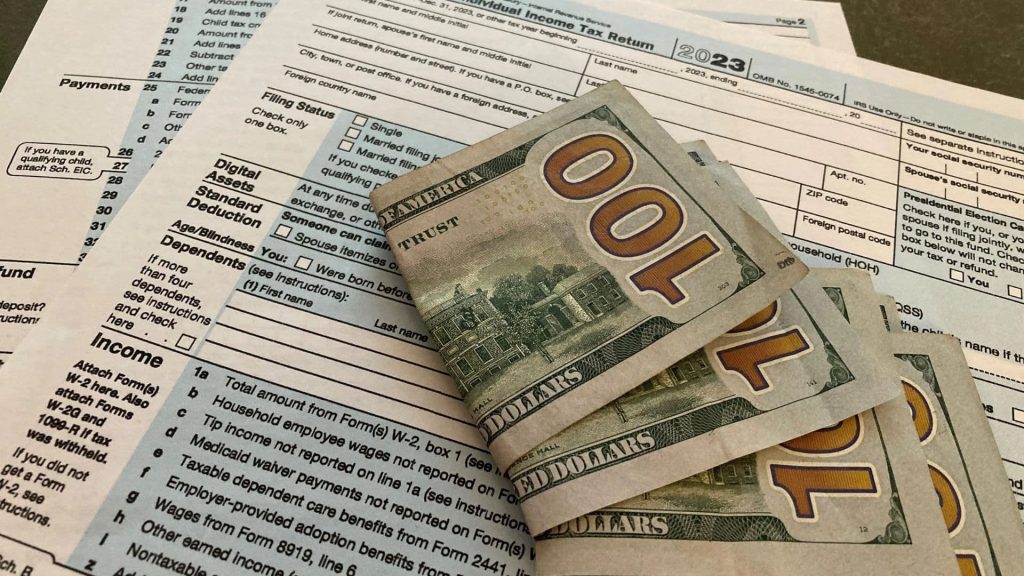
If you’re wondering how to file taxes in two different states, you’re not alone. Many people face this situation when they move during the year, work across state lines, own rental properties, or have income sources in multiple states. Filing taxes in two states involves understanding residency status, determining which income to report where, and navigating the rules around part-year resident returns and nonresident returns. This guide will walk you through key steps such as identifying your residency in each state, checking for reciprocity agreements, filing part-year or nonresident returns, and claiming credits to avoid double taxation. Whether you lived in one state and worked in another or moved mid-year, knowing how to handle multiple state tax returns is essential to stay compliant and minimize your tax liability.
Understanding Residency and Tax Obligations in Multiple States
The first step in filing taxes in two states is determining your residency status in each. States generally classify taxpayers as full-year residents, part-year residents, or nonresidents:
- Full-Year Resident: You lived in the state for the entire tax year and must report all income, regardless of where it was earned.
- Part-Year Resident: You moved into or out of a state during the year and only report income earned while a resident there.
- Nonresident: You earned income in a state but did not live there; you report only income sourced from that state.
Each state has its own rules for residency, often based on the number of days spent in the state (commonly 183 days or more). Understanding these rules is critical because your tax liability depends on your residency classification.

Filing Part-Year Resident Returns When You Move States
If you moved from one state to another during the tax year, you’ll likely need to file part-year resident returns in both states. This means:
- Reporting income earned while living in the first state on that state’s part-year return.
- Reporting income earned after moving on the second state’s part-year return.
Both states will tax you on the income earned within their borders, but you won’t be taxed twice on the same income. It’s important to keep accurate records of your move date and income earned before and after relocation.
Working in One State and Living in Another: Nonresident and Resident Returns
If you live in one state but work in another, and both states impose income tax, you might need to file:
- A nonresident tax return in the state where you work, reporting only income earned there.
- A resident tax return in your home state, reporting all income but claiming a credit for taxes paid to the work state to avoid double taxation.
Some states have reciprocity agreements that exempt you from filing in the work state if you live in the other. In such cases, you submit an exemption form to your employer to avoid withholding in the nonresident state and file only in your resident state.

Collecting Income Documents and Preparing Your Returns
Gather all relevant income documents such as W-2s, 1099s, and records of any rental or business income sourced in different states. Make sure to:
- Separate income earned in each state.
- Keep track of dates and locations where income was earned.
- Understand deductions and credits available in each state.
Using tax software or consulting a tax professional experienced in multi-state filings can simplify this process.
FAQs
Q: Do I have to file taxes in both states if I moved during the year?
A: Yes, you’ll typically file part-year resident returns in both states, reporting income earned while living there.
Q: What is a reciprocity agreement?
A: It’s an agreement between states that lets you pay income tax only in your state of residence when working across state lines.
Q: Can I claim a credit for taxes paid to another state?
A: Yes, your resident state usually offers a credit to avoid double taxation on income taxed by another state.
Q: What if I live in a state with no income tax?
A: You may only need to file a nonresident return in the state where you earn income, but check specific state rules.